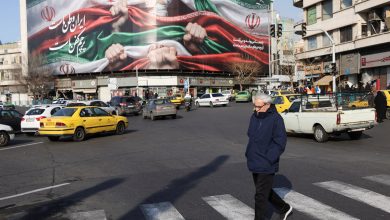Amnesty International has strongly criticized the death sentence issued in absentia against former Bangladeshi Prime Minister Sheikh Hasina and former Home Minister Asaduzzaman Khan Kamal. The human rights organization cited concerns regarding the fairness of the trial, which stemmed from charges of crimes against humanity related to the suppression of student protests in 2024.
Agnès Callamard, Secretary-General of Amnesty International, stated that the trial and sentencing were “unfair.” She emphasized that justice for the victims of the 2024 student uprising, in which approximately 1400 people were killed, cannot be achieved through capital punishment. Instead, she called for “independent and impartial” proceedings that adhere to international standards for fair trials.
Callamard further noted the “unprecedented” speed of the trial held in absentia. She raised concerns that Hasina’s defense was not granted sufficient time to prepare and was not allowed to adequately challenge conflicting evidence. These factors, according to Amnesty International, exacerbate concerns about the integrity of the judicial process.
The protests, which began in July 2024 over government job quotas, escalated into violent clashes. Authorities allegedly used excessive force against largely peaceful demonstrators. Hasina has been in exile in New Delhi since August 2024 and maintains that the case against her is politically motivated.
Amnesty International has long been critical of the International Crimes Tribunal in Bangladesh, citing what it views as politically motivated trials, a lack of fairness, and the frequent imposition of death sentences.




